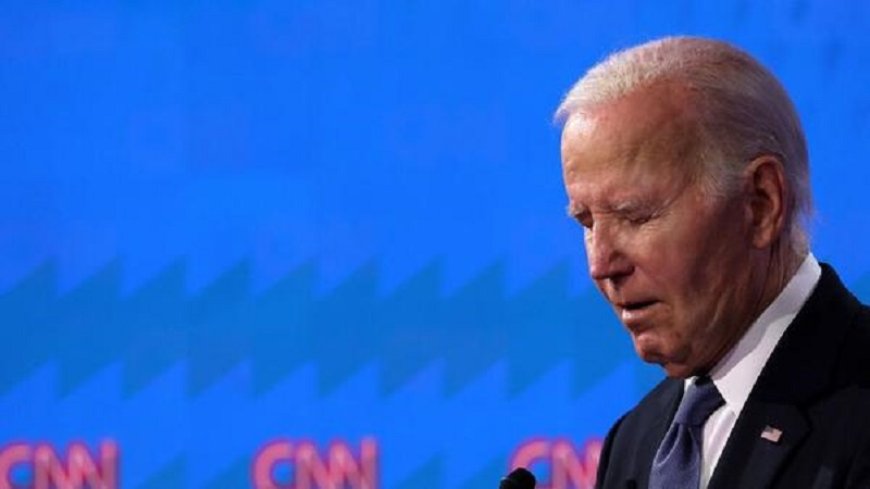Inside Biden's Historic Decision to Drop Out of the 2024 Race

President Joe Biden’s unexpected decision to withdraw from the 2024 presidential race has sent shockwaves through the political landscape, marking the end of a historic chapter in American politics. Surrounded by a select group of trusted advisers and first lady Jill Biden at their vacation home in Delaware, Biden faced the reality of his situation and concluded that his political career would end sooner than anticipated.
Isolated and feeling betrayed by longtime allies, Biden's frustration and anger were palpable. "He’s really pissed off," said a source close to Biden’s inner circle. Despite his reluctance, Biden accepted that dwindling poll numbers, a shrinking donor base, and pressure from key party figures left him no viable path forward.
Biden’s critical decision-making process over the weekend involved consultations with two dozen Democrats familiar with the events leading to his announcement. On Sunday, Biden informed Vice President Kamala Harris, White House Chief of Staff Jeff Zients, and campaign chair Jen O’Malley Dillon of his decision. The tight circle of advisers, including Mike Donilon, Steve Ricchetti, Anthony Bernal, and Annie Tomasini, had kept the discussions close to avoid leaks.
The final decision was shared with the public through a post on Biden’s social media account, catching many within his campaign and the Democratic National Committee off guard. Senior aides had to reassure campaign staff about their job security amidst the abrupt change.
Biden’s exit followed a disastrous debate performance on June 27, which led to a loss of confidence among donors and elected officials. Former House Speaker Nancy Pelosi, a key figure behind the scenes, strategically nudged Biden towards this decision without publicly demanding his withdrawal. Pelosi’s influence, coupled with calls from Democratic luminaries and donors, created an untenable situation for Biden.
Over the weekend, Biden engaged in detailed discussions with advisers Donilon and Ricchetti, reviewing bleak polling data and evaluating his campaign’s viability. By Sunday morning, the decision was solidified, and an official statement was prepared. At 1:45 p.m., Biden’s social media account posted the announcement, making him the first eligible incumbent president to withdraw from a re-election bid since Lyndon Johnson in 1968. Shortly after, Biden endorsed Harris, positioning her as the best candidate to defeat former President Donald Trump.
The swift endorsement from Biden was aimed at preventing Harris from experiencing the same political betrayal he felt when President Barack Obama endorsed Hillary Clinton over him in 2016. Harris quickly garnered support from influential Democrats, including Bill and Hillary Clinton, California Governor Gavin Newsom, and Pennsylvania Governor Josh Shapiro, among others.
Despite Biden’s endorsement, some Democrats remain concerned about the party’s preparedness for the upcoming election. State party chairs and key figures are advocating for unity behind Harris to avoid a prolonged and divisive primary battle. Minnesota Democratic Party Chair Ken Martin emphasized the need for a unified stance to quickly move the campaign forward.
Biden’s decision, driven by political realities rather than health concerns, reflects his commitment to the party and the country. As Democrats rally behind Harris, they face the challenge of transitioning quickly and effectively to ensure a strong campaign against the Republicans in the November election.













































